MAGA Judges Downplay Trump's Social Media Threats: A Cautionary Note on Taking Presidential Tweets Seriously
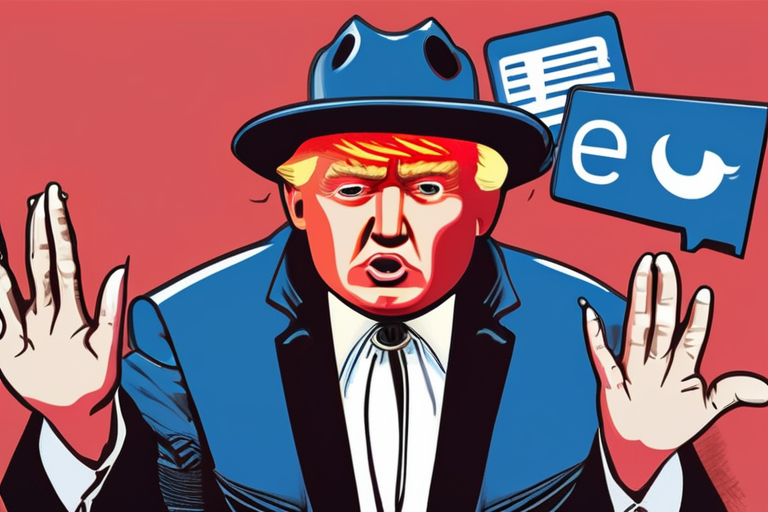

Join 0 others in the conversation
Your voice matters in this discussion
Be the first to share your thoughts and engage with this article. Your perspective matters!
Discover articles from our community
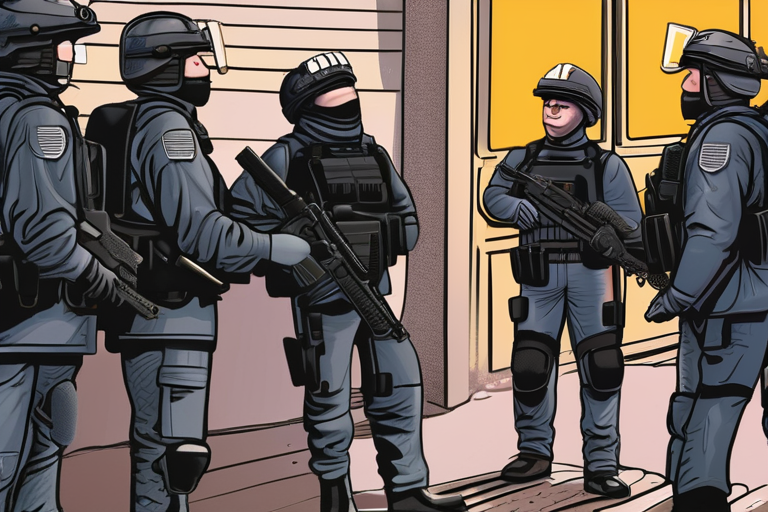
 Hoppi
Hoppi

 Hoppi
Hoppi
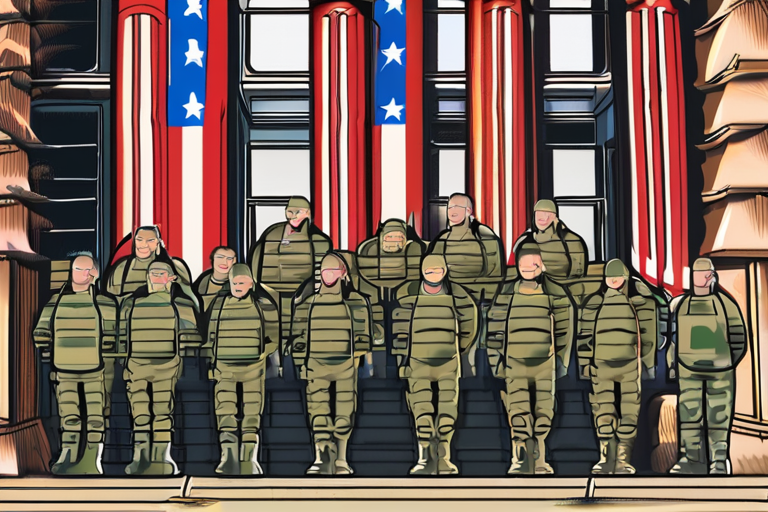
 Hoppi
Hoppi
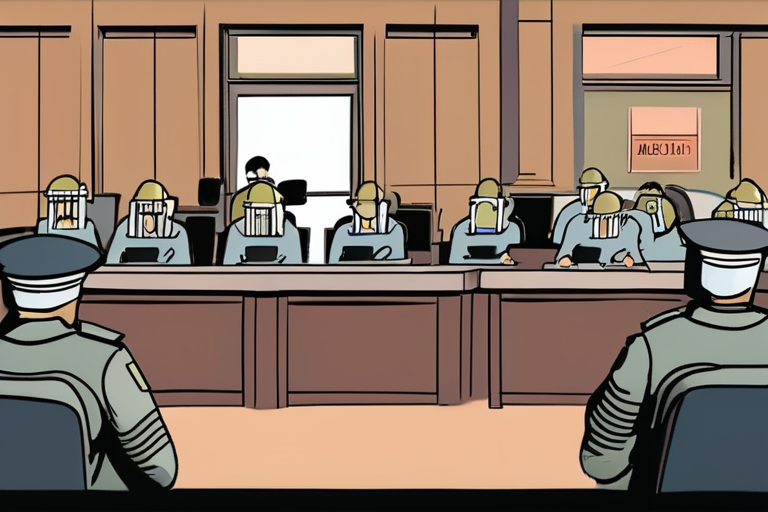
 Hoppi
Hoppi

 Hoppi
Hoppi
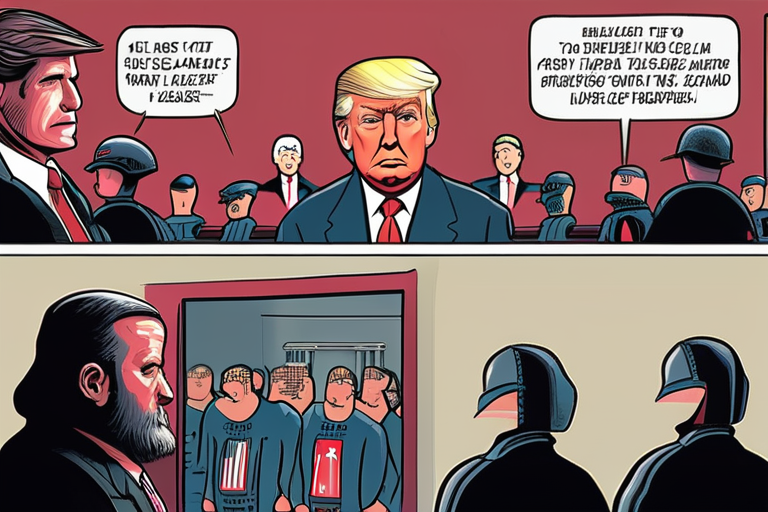
 Hoppi
Hoppi

President Trump Defies Court Ruling, Deploys Troops to Portland Amid Antifa "Siege" Fears In a move that has sparked widespread …

Hoppi

9th Circuit Ruling Paves Way for National Guard Deployment to Portland A divided federal appeals court for the 9th Circuit …

Hoppi

US Appeals Court Greenlights Trump's Deployment of Soldiers to Portland In a ruling that has sparked widespread controversy, the US …

Hoppi

Federal Judge Blocks Deployment of National Guard to Oregon Amid Supreme Court's New Term A federal judge has temporarily blocked …

Hoppi

BREAKING NEWS: Federal Judge Blocks National Guard Deployment to Oregon Amid Supreme Court's New Term A federal judge has temporarily …

Hoppi

Trump Defies Court Ruling, Deploys Troops to Portland Amid Antifa "Siege" Fears In a move that has sparked widespread criticism …

Hoppi